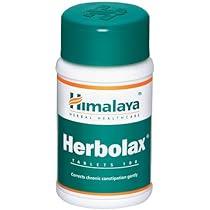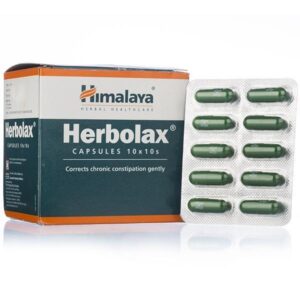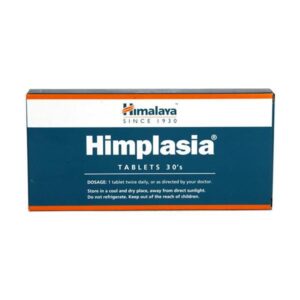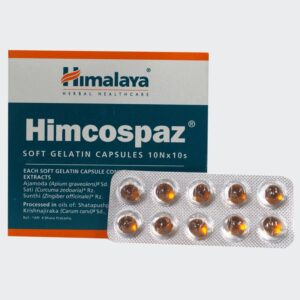LICENCED HERBAL PREPARATIONS
LICENCED HERBAL PREPARATIONS: LICENCED HERBAL PREPARATIONS refer to herbal products that have been approved and licensed for use as remedies or supplements. These preparations usually contain specific plant extracts or botanical ingredients that have demonstrated therapeutic effects. It is important to note that the efficacy and safety of these products may vary, and they should be used with caution.
Use: LICENCED HERBAL PREPARATIONS are commonly used to manage various health conditions, including but not limited to:
1. Sleep disorders: Some herbal preparations such as Valerian root or chamomile are used to promote relaxation and improve sleep quality.
2. Digestive problems: Licorice root or peppermint preparations may help relieve indigestion, bloating, and stomach discomfort.
3. Anxiety and mood disorders: St. John’s Wort or lavender preparations are known to have mood-enhancing properties.
4. Respiratory conditions: Herbal preparations containing eucalyptus or ginger may help alleviate symptoms of colds, coughs, or congestion.
5. Joint pain and inflammation: Turmeric or devil’s claw preparations are commonly used for their anti-inflammatory properties.
Mechanism of action: The mechanism of action varies depending on the specific herb or plant extract used in the preparation. Herbal preparations can act through multiple mechanisms, including antioxidant effects, modulation of neurotransmitters, anti-inflammatory properties, or regulation of various physiological processes.
Dose: The recommended dose varies depending on the specific herbal preparation, and it is important to follow the instructions provided on the packaging or consult a healthcare professional. Dosage forms can include tablets, capsules, teas, tinctures, or topical applications.
Side effects: Although herbal preparations are often considered natural remedies, they can still have side effects. Some common side effects associated with licenced herbal preparations may include:
1. Allergic reactions: Some individuals may be allergic to specific plant extracts or botanical ingredients used in the preparation.
2. Gastrointestinal issues: Certain herbal preparations may cause stomach upset, diarrhea, or nausea.
3. Drug interactions: Herbal preparations can interact with prescription medications, leading to potential adverse effects or reduced efficacy.
4. Hormonal effects: Certain herbs, such as licorice root or black cohosh, may have hormonal effects and should be used with caution, especially in individuals with hormone-sensitive conditions.
5. Liver toxicity: In rare cases, certain herbs may cause liver damage or toxicity.
It is crucial to consult a healthcare professional or herbalist before starting any licenced herbal preparation, especially if you have pre-existing medical conditions, are pregnant or breastfeeding, or are taking other medications. They can provide personalized advice, dosage recommendations, and help manage potential interactions or side effects.











